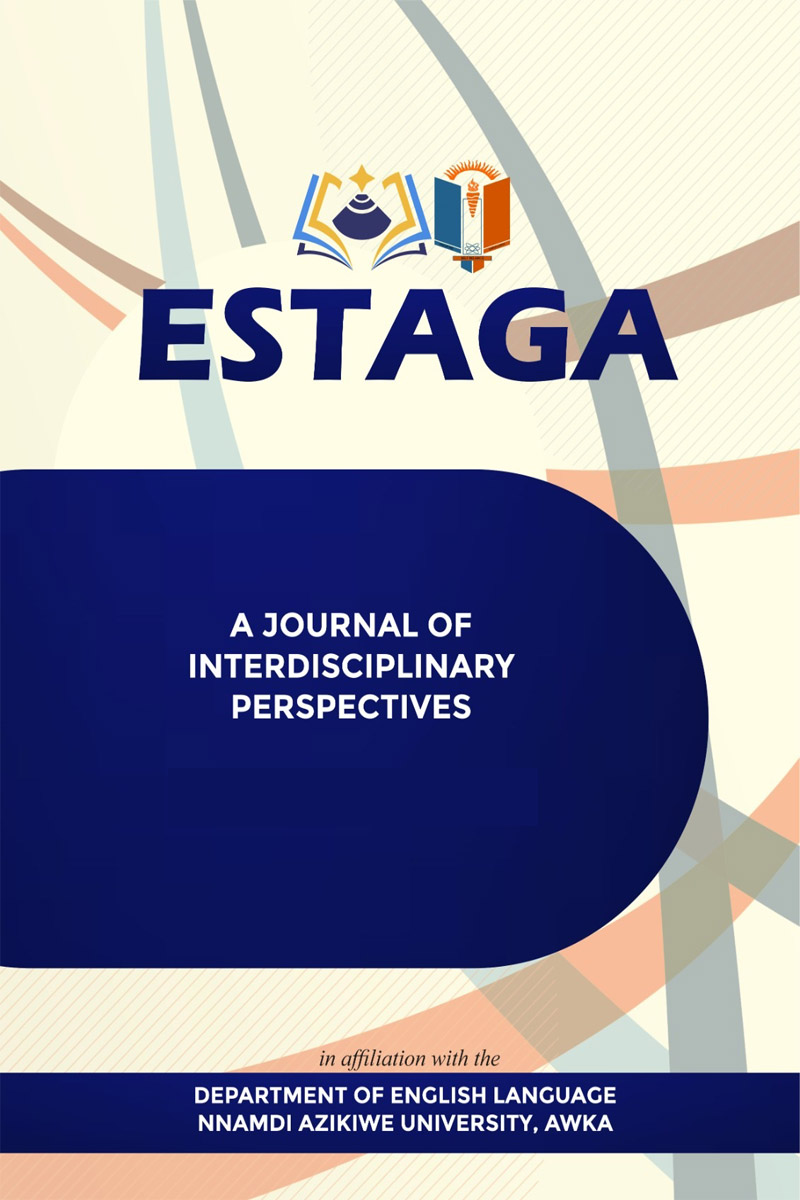Traumatic and Psychological Impacts of Abuse in African Novels: A Reading of Oyinkan Braithwaite’s “My Sister, The Serial Killer” and Lara Brown’s Once Upon Our Childhood”
Abstract
This study investigates the psychological implications of trauma and abuse, focusing on Oyinkan Braithwaite’s My Sister, the Serial Killer and Lara Brown’s Once Upon Our Childhood. Using Cathy Caruth’s Trauma Theory as a theoretical framework, the research explores how adverse childhood experiences shape human behavior and contribute to mental health challenges such as personality disorders, psychological distress, and self-abuse. The findings reveal that traumatic childhood events, including familial abuse, neglect, and societal pressures rooted in patriarchy and tradition, profoundly affect mental well-being and interpersonal relationships. The study emphasizes the role of responsible parenting in fostering positive childhood memories and preventing trauma-induced disorders. The selected texts critique patriarchal oppression, accentuate the need for family reform, and highlight women’s resilience and revolution against societal constraints. Recommendations are provided for addressing adverse childhood experiences, promoting open communication, and seeking professional help to mitigate the long-term effects of trauma


